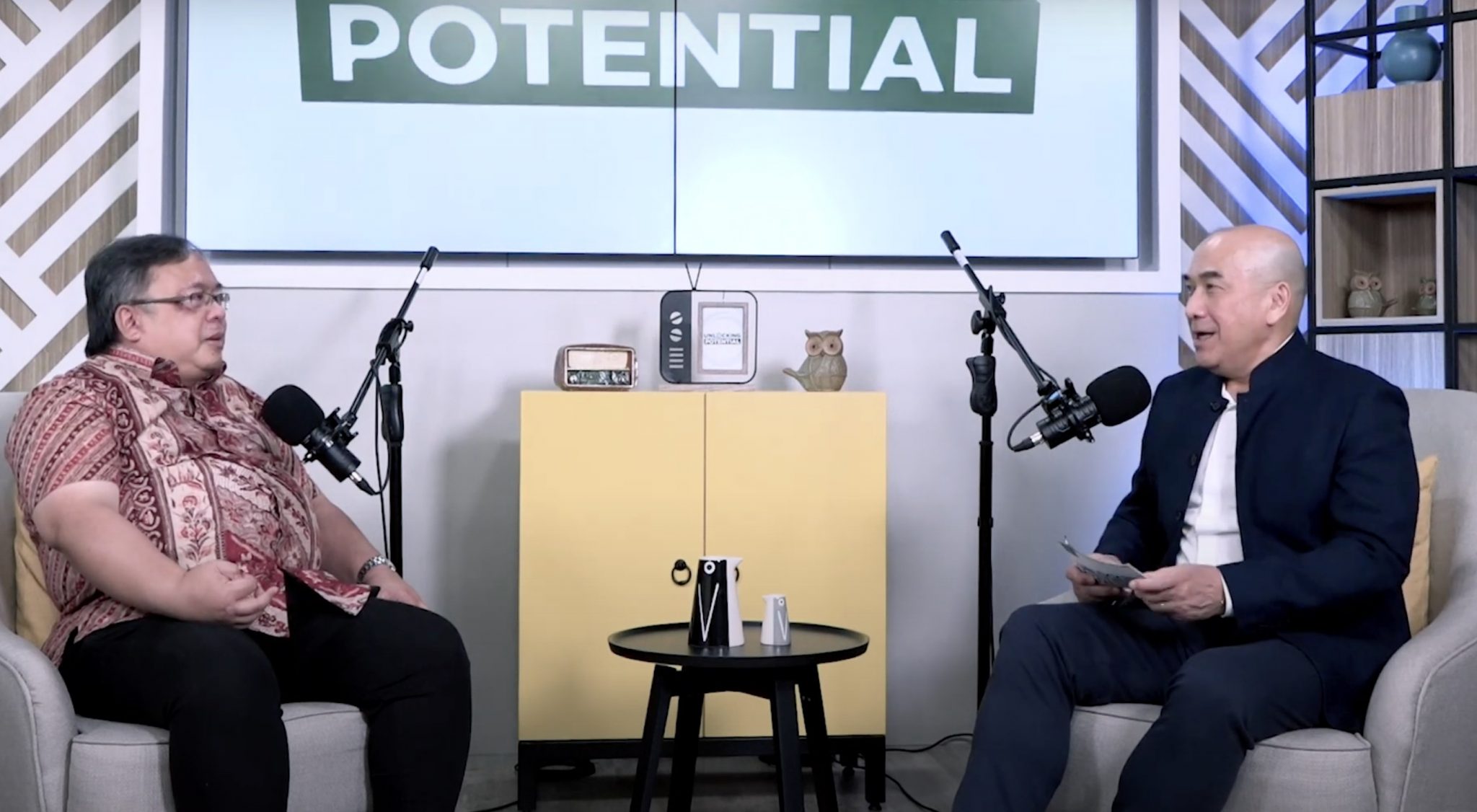Unlocking Potential: Improving the Welfare of Indonesians with Prof. Bambang Brodjonegoro

The Indonesian government committed to achieving the UN’s Sustainable Development Goals (SDGs) in 2015. There have been some promising early results, but much work remains to be done.
How we ensure the SDGs are achieved? And why does it matter?
In this episode of Unlocking Potential: Improving the Welfare of Indonesians, the Global CEO Tanoto Foundation, Dr J Satrijo Tanudjojo, discussed this and more with Prof Bambang Brodjonegoro, the SDGs expert, and he was also the Minister of Research and Technology/Head of National Research and Innovation Agency in 2019 – 2021.
Part 1:
Part 2:
Prioritizing the SDGs in Indonesia
The SDGs were derived from the Millennium Development Goals set in early 2000, after a 2015 review showed the limitations of the Millennium Development Goals.
The SDGs aim to create a better world by ending poverty, fighting inequality, and addressing the urgency of climate change, broken down into 17 global goals of development.
The Indonesian government issued a presidential decree on implementing the SDGs and has also created strategies, programs, and activities to support them. That has yielded some results, with Indonesia selected as one of the best six countries in the Voluntary National Review in 2017 and 2019 at the annual UN session.
But much work remains to be done. In conversation with Dr J Satrijo Tanudjojo, Prof Bambang Brodjonegoro suggested three goals to prioritize for Indonesia: SDG 1, No Poverty; SDG 10, Reduced Inequality; and SDG 13, Climate Action. “Because the achievements of the three goals shows the balance between economic, social and environmental,” he said.
To achieve the three points, the government also needs to lay the foundation to reduce poverty and inequality by providing better health facilities and access to education. By having access to both of them, people can work and improve their welfare.
Pandemic, digitalization, and adaptability
To ensure sustainable progress, Prof Bambang also mentioned adaptability. The pandemic for example has forced us to adapt to digital channels. “Digital transformation is happening rapidly, we should try to keep education sustainable through online learning. Therefore we need to equip teachers with knowledge of technology urgently. Even when the pandemic is over, the learning will change forever to hybrid learning.”
To support this goal, Tanoto Foundation just launched a digital platform for teachers and students. It’s part of Tanoto Foundation’s vision that education is a crucial tool in creating equal opportunity.
No one left behind
Sustainable economic, social, and environmental growth is the key for a developing country to become a prosperous country. To achieve that, the SDGs should become an agenda for governments and the private sector. “Changing their business model to include the SDGs in their programs will improve people’s welfare for the better in the long term,” explained Prof Bambang.
Tanoto Foundation acknowledges the urgency of achieving SDGs. Hence, in 2019, together with UNDP, Tanoto Foundation launched SDG Academy. SDG Academy is an institution to assist Indonesian SDG stakeholders (government, academia, private sector, philanthropy, civil society and media) in developing relevant policies or programs using the SDG framework.
Listen on Spotify, to learn more about SDGs progress in Indonesia.
Part 1:
Part 2:

Leave a Reply